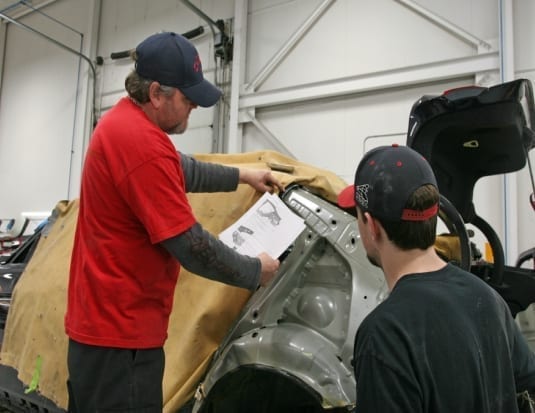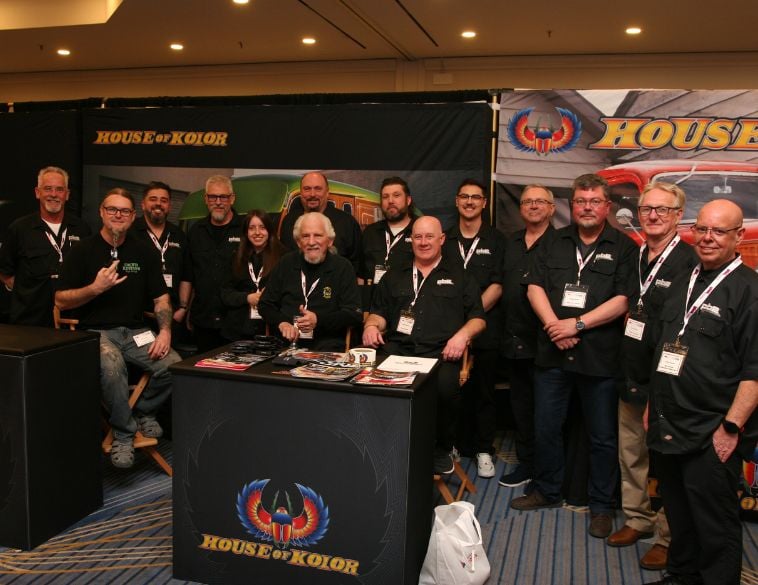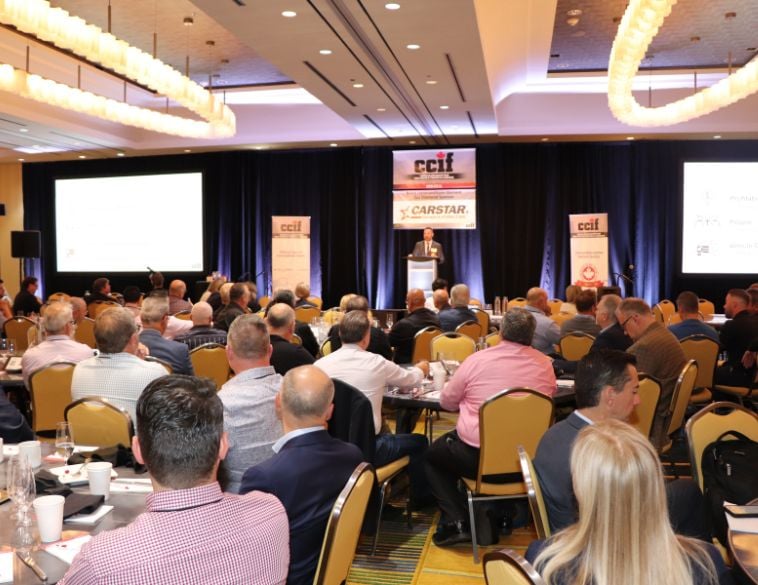One way to combat a shortage of good technicians is to develop them in-house.
For the past few years, I have been in various performance groups, which have taken me across North America. We compare best practices and speak about what keeps us up at night. The one consistent factor, industry wide, is the lack of technicians. Let me clarify: the lack of GOOD technicians. This can pose a big problem to those facilities looking to expand and grow. So what’s the solution? Quite simply, to build your own technicians.
How it works
The process begins by working with local high schools and trade colleges and getting students interested not only in collision repair but also in the business. As a result, all of the licenced technicians we’ve developed over the years have spent time working in the parts room, have been taught how to write a thorough estimate and have an understanding of how the front office works. Having the potential technician understand there is a method to our madness truly helps speed up the learning curve in their progression.
There’s also the process of teaming an apprentice up with a licenced, certified technician. They spend a predetermined amount of time with the respected certified technician, teaching the apprentice not only collision repair but how to be a professional—all while the apprentice is enrolled in their schooling and completing the levels necessary towards becoming a licenced technician. During the time the apprentice is serving under the licenced tech, we develop time frames for “milestones,” which we feel the apprentice should be able to achieve during his or her training.
This is managed by monthly meetings with both the senior technician and the apprentice. Not only are we building technicians to repair vehicles a certain way but we are also building a culture. A culture where the senior technicians have a vested interest in the junior ones’ development because they helped get them to where they are professionally.
Now there are some challenges with developing technicians in this way. Most senior technicians are hesitant to train and develop younger ones because they feel this will slow their production, especially if that tech is working on a flat rate.
The culture factor
This is where your culture takes over. In our organization, we have been developing technicians like this for years and in some cases, those certified, senior techs are now paying it forward with the new crop of apprentices. Understanding that they were once in their position and would not be where they are today had it not been for a senior technician that mentored them is key.
Furthermore, we’ve seen that once that technician gets the apprentice to a certain level, senior technician production begins to jump dramatically, sometimes making it difficult to remove the apprentice for their mentor and putting them on a flat rate. At this point, however, it becomes clear that the senior technician has drunk the “Kool-Aid” and is able to move on to the next apprentice with ease.
This development process is a marathon, not a sprint. If you are looking for techs to come in and start replacing quarter panels right away, then this process will not work in your organization. By developing your own technicians, however, not only are you building your businesses future but you are also building your business culture.



